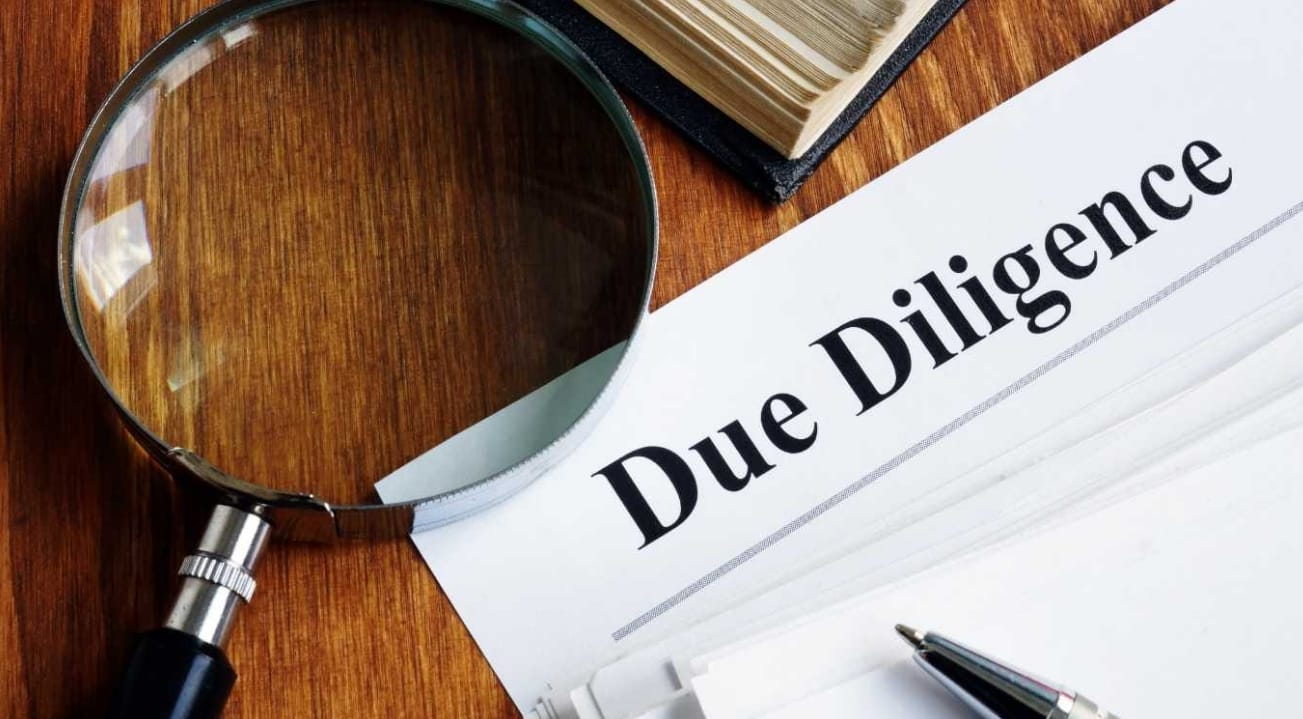In the realm of business transactions, the importance of due diligence investigations cannot be overstated. These meticulous examinations are not merely procedural checkboxes but strategic imperatives, essential for safeguarding investments and ensuring long-term success. Let’s delve into the critical role of due diligence in maximising value and minimising risk across various business transactions.
Understanding the Essence of Due Diligence Investigations
Investigations serve as a cornerstone of prudent decision-making in business transactions. Whether it’s mergers and acquisitions, partnerships, or investments, conducting thorough due diligence is paramount to mitigating risks and uncovering potential opportunities.
Uncovering Hidden Risks and Liabilities
One of the primary objectives of investigations is to identify and assess risks and liabilities associated with a prospective transaction. This involves scrutinising financial records, contracts, legal documents, and operational processes to uncover any potential red flags that could impact the deal’s viability.
By uncovering hidden risks early in the due diligence process, businesses can make informed decisions and develop strategies to mitigate or manage these risks effectively. This proactive approach not only safeguards investments but also enhances the overall success rate of transactions.
Evaluating Financial Health and Performance
Financial due diligence is a critical component of due diligence investigations, providing insights into the target company’s financial health and performance. This entails a comprehensive analysis of financial statements, cash flows, revenue projections, and debt obligations to assess the company’s financial stability and growth prospects.
Through meticulous financial due diligence, investors and acquirers can gain a deeper understanding of the target company’s value and potential future earnings. This information is invaluable in negotiating transaction terms, determining valuation, and structuring deal agreements to maximise returns and minimise financial risks.
Assessing Legal and Regulatory Compliance
Legal and regulatory due diligence is another crucial aspect of due diligence, especially in highly regulated industries or cross-border transactions. This involves a thorough review of compliance with applicable laws, regulations, permits, licenses, and industry standards to identify any potential legal or regulatory issues that could impact the transaction.
By ensuring compliance with legal and regulatory requirements, businesses can avoid costly fines, penalties, and legal disputes that may arise post-transaction. Additionally, addressing any compliance gaps early in the due diligence process enables parties to implement remedial measures and mitigate potential risks effectively.
Leveraging Technology for Enhanced Due Diligence
In today’s digital age, technology plays a vital role in enhancing the efficiency and effectiveness of due diligence investigations. Advanced data analytics, artificial intelligence, and machine learning tools enable investigators to process vast amounts of information rapidly and identify patterns, anomalies, and trends that may require further scrutiny.
By leveraging technology-driven due diligence solutions, businesses can streamline the investigative process, uncover deeper insights, and make data-driven decisions with confidence. This not only accelerates the due diligence timeline but also enhances the quality and accuracy of findings, ultimately leading to better outcomes in business transactions.
Conclusion
Strategic due diligence investigations are indispensable tools for businesses embarking on various transactions, from mergers and acquisitions to partnerships and investments. By conducting thorough due diligence, businesses can uncover hidden risks, evaluate financial performance, assess legal compliance, and leverage technology to enhance the effectiveness of the investigative process.
Ultimately, strategic due diligence serves as a safeguard against unforeseen challenges and a catalyst for maximising value and minimising risk in business transactions. By prioritising due diligence as a strategic imperative, businesses can make informed decisions, forge successful partnerships, and pave the way for sustainable growth and prosperity.

